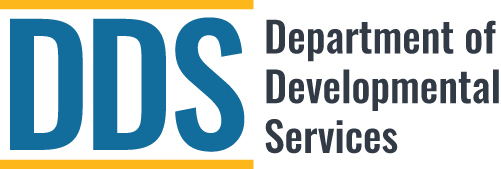The Lanterman Act gives people with developmental disabilities the right to receive services and supports to achieve their goals. If you or your loved one meet the eligibility criteria, you are entitled to services.
“California is the only state in the country that provides entitlement to services and supports for all residents of the State, after other sources of services and supports have been exhausted,” said Pete Cervinka, Director of the Department. “The Lanterman Act entitlement is a critical lifeline for individuals and families, and it must be protected.”
The Lanterman Act became law in 1969. It gives people with intellectual and developmental disabilities the right to:
- Dignity, privacy, and humane care
- Public education that meets your needs
- Prompt medical care and treatment
- Religious freedom and practice
- Friendships, relationships, and community activities
- Physical exercise and recreation
- Be free from harm
- Be free from hazardous procedures
- Prompt investigation of any alleged abuse
- Get services and supports in your community
In other states, there are waiting lists to access services, and not everyone can get the help they need. In California, if you qualify for services, support must be provided by regional centers after other people and programs cannot.
The Lanterman Act also created regional centers to support people with intellectual and developmental disabilities in their communities. Regional Centers can help individuals navigate the system as they make choices about their life and connect to essential services. This includes assessments of service needs and creating plans that put the individual at the center. It’s a commitment to people with developmental disabilities to have the same opportunities as all Californians to meet their goals and to be integrated in their community.
Learn more about the Lanterman Act and services in the Guide to California’s Regional Center System.



